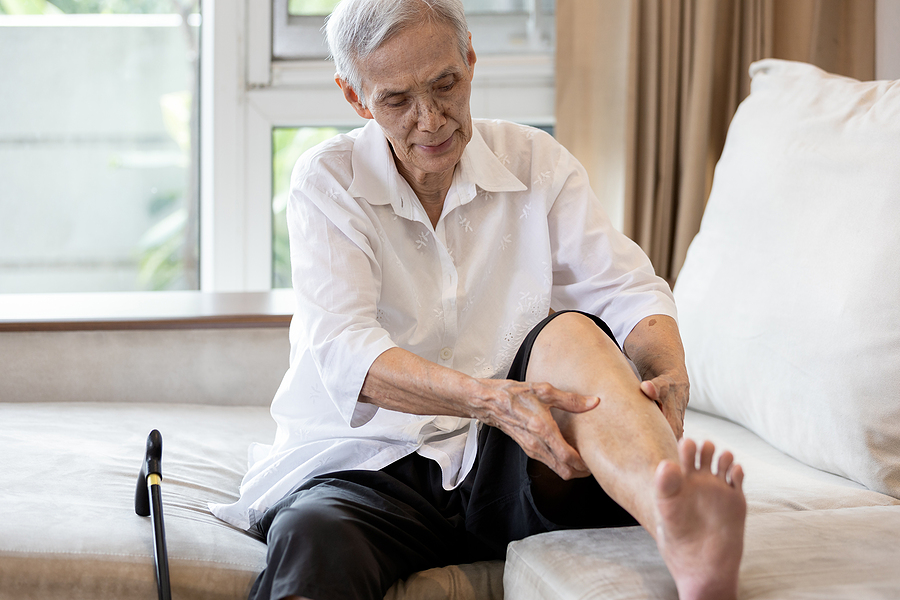When you think of massage, you might envision a dimly lit room in a luxurious spa with relaxing music and calming scented candles. Although massage therapy used to be relegated to this much narrower niche of spas, vacation resorts, and health clubs, it is now widely considered an important tool in integrative medicine. As the name suggests, integrative medicine combines conventional medicine and treatment with other types of non-traditional but complementary treatments whose uses have been well-researched, such as acupuncture, music therapy, aromatherapy, yoga, meditation, and massage therapy.
What is Massage Therapy?
The word “massage” means to rub and knead with the hands. Massage therapists press, rub, manipulate, and knead muscles, connective tissue, skin, ligaments, and tendons, using a range of pressure. Many medical centers now offer massage therapy as a standard treatment to help relieve pain and aid their patients’ recovery, especially after surgeries or sports injuries.
Massage Therapy Provides Many Benefits
A growing body of research has shown that massage provides both physical and mental benefits.
Physical Benefits of Massage
When a massage therapist applies pressure to muscles and soft tissues, the muscles, tendons, and ligaments relax and release. Relaxed muscles and soft tissues mean fewer painful muscle contractions or spasms and reduce nerve compression, which results in welcome pain relief.
In addition to pain relief, other physical benefits of massage therapy include:
- Better circulation
- Reduced muscle stiffness and tightness
- Less joint inflammation
- Higher quality sleep
- Decreased pain and soreness
- Increased flexibility
- Improved immune system
Mental Benefits of Massage
Even if you are only interested in what massage therapy has to offer you as far as physical pain relief, most people discover that massage offers additional mental benefits as well. Massage produces what is known as the “relaxation response” in your nervous system. During this involuntary but predictable physiological response, both your heart rate and your rate of breathing slow down, your body produces fewer stress hormones like cortisol, your blood pressure decreases, and your muscles relax.
As a result of these changes in your body during a relaxation response, most people experience positive mental and emotional benefits including:
- Reduced stress levels
- Increased amounts of energy and feelings of wellness
- Enhanced relaxation
- Less anxiety and depression
- Happier mood
Who Can Benefit from Massage Therapy?
Fortunately, massage therapy is a very safe form of treatment, no matter your age, health condition, weight, or physical fitness level. People who suffer from chronic rheumatologic illnesses such as rheumatoid arthritis, lupus, gout, osteoarthritis, and psoriatic arthritis, among others, have symptoms that range from headaches to joint pain, to inflammation, to muscle pain, and more. As discussed above, massage therapy can provide some pain relief from these symptoms.
In addition to physical issues, patients struggling with chronic pain and illnesses can often feel overwhelmed, stressed out, tired, and may even become depressed. The relaxation response produced during massage therapy can give you a much-needed respite from the mental toll that health issues can take on you, can increase your sense of well-being, and can energize you mentally and physically.
Schedule a Massage at Advanced Rheumatology of Houston Today!
Advanced Rheumatology of Houston is a rheumatology clinic offering services, including several different types of massage therapy, for a number of rheumatologic health conditions. Call us today at (281) 766-7886 to schedule a massage and experience the benefits for yourself. We are dedicated to helping you live your life more comfortably!



